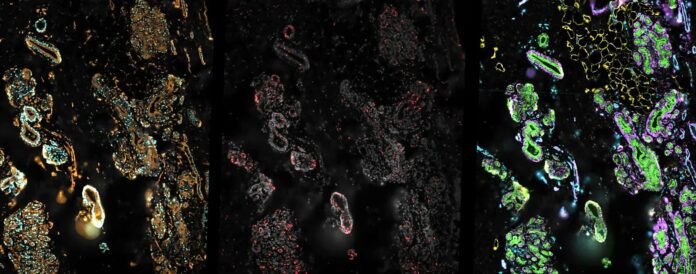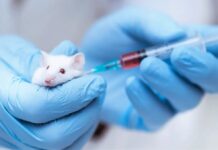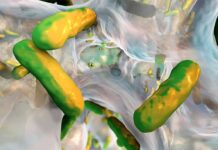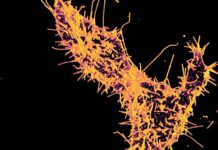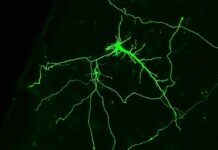In a groundbreaking study, published in Cell Genomics on the 8th of March, 2023, scientists unveil the enigmatic molecular choreography that takes place within breast tissue, driven by androgens—masculinizing hormones essential to transgender men during gender transition. As hormone treatment pervades every fiber of the body, the research sought to illuminate the inner workings of androgens on a molecular scale.
Devising the Research: A Methodological Voyage
Curiosity piqued, the intrepid team of researchers procured breast tissue samples from two distinct groups: nine transgender men, fresh from gender-affirming surgery, and nine cisgender women, following cosmetic surgery. Plunging into the microscopic realm, they sequenced RNA from tens of thousands of individual cells, carefully extracting nuclei to pinpoint genetic shifts spurred by hormone therapy.
Findings: Androgen’s Influence Unveiled
In a fascinating turn of events, the study exposed how androgen treatment silenced gene expression in breast cells, rendering the entire breast less active. Hormone therapy seemed to mimic gene expression patterns observed in cisgender men, bolstering the hypothesis that androgens sway male gene patterns.
From Discovery to Application: Implications of Findings
These revelations shed light on the tantalizing potential of androgens in cancer therapy. Estrogen signaling, a significant player in certain breast cancer types, might meet its match in androgens. As the research team chronicled the diverse breast cell types in their samples, they observed a diminution of cells entangled in estrogen signaling in the transgender men’s tissues—an affirmation of androgens’ well-established counteractive effects against estrogen. The study also disclosed that androgen therapy deactivates genes typically engaged in estrogen-driven breast cancers.
Proceeding with Caution: Hormone Manipulation’s Unknowns
Although clinical trials are in progress to evaluate androgens’ efficacy in treating breast cancer, researchers urge restraint. “Playing with hormones has a lot of different changes, and we don’t yet know their long-term impact,” they warn. Similar therapies could be employed preemptively for individuals at heightened risk for the condition.
Navigating Uncharted Waters: Future Research Directions
This study charts a path toward a more profound comprehension of the molecular mechanisms underpinning hormone therapy’s effects. Yet, the long-term consequences of hormone therapy on the human body remain enigmatic, necessitating further investigation. The findings may also spark interest in additional research to explore androgens as a potential preventive or therapeutic strategy for breast cancer.
Concluding Thoughts: A Symphony of Complexity
In conclusion, this study spotlights the intricate symphony of androgen signaling and its effects on breast tissue in transgender men. The research findings hint at the promise of androgen therapy as a potential breast cancer treatment. However, unlocking the secrets of hormone therapy’s long-term impacts requires further exploration. As we move forward in our understanding of hormone therapy and its implications on both transgender individuals and the broader population, it is crucial to maintain an open, curious, and cautious perspective. The molecular interplay between androgens and breast tissue, while now partially illuminated, still holds a treasure trove of knowledge waiting to be discovered.
Researchers, medical professionals, and the public must work hand-in-hand to ensure that new insights and potential therapies are pursued responsibly, respecting the complexities and intricacies of the human body. The potential benefits of androgen therapy, whether for transgender individuals, breast cancer patients, or those at high risk, cannot be understated.
However, it is vital to remember that these benefits must be weighed against potential risks and long-term impacts that are not yet fully understood. As we embark on this exciting journey of discovery and innovation, let us proceed with prudence, compassion, and a keen sense of responsibility.
Google News | Telegram

